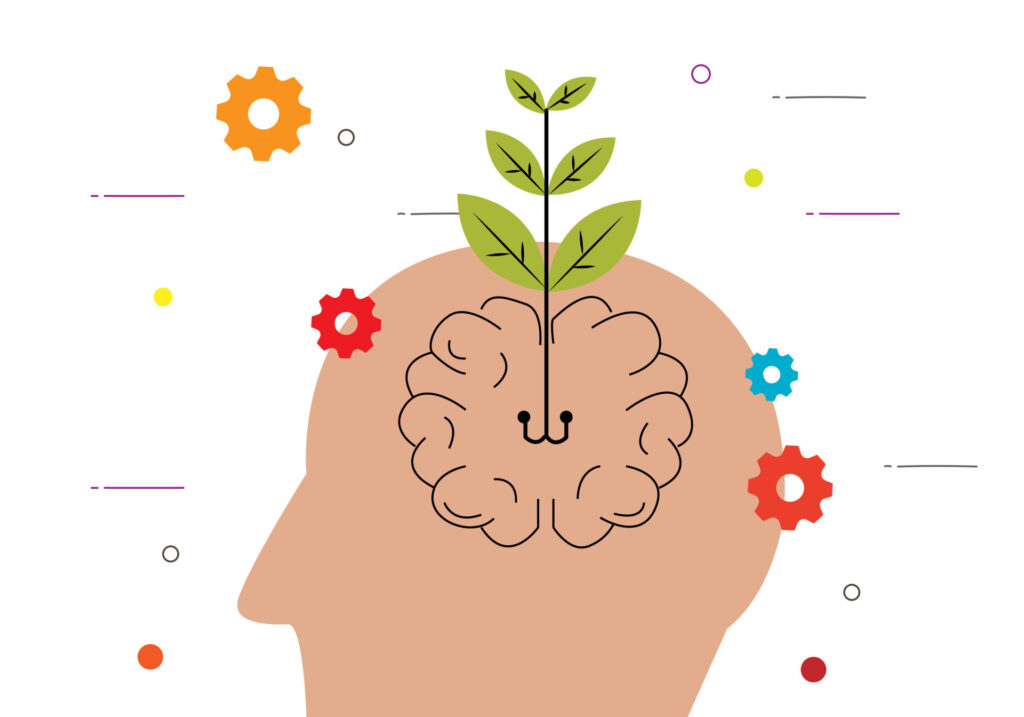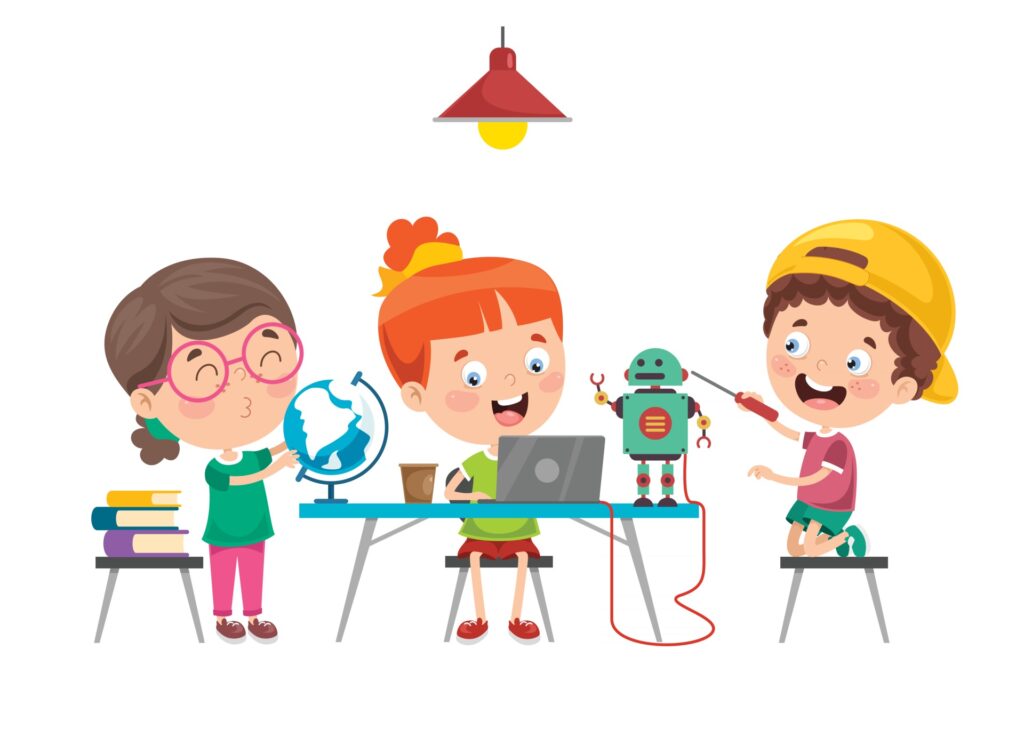In the ever-evolving landscape of education, the introduction of coding to children has emerged as a powerful tool not only for technological literacy but also for cognitive development. As kids engage with coding activities, their brains undergo unique transformations that go beyond the digital realm. In this blog, we’ll explore the profound impact of kids coding on cognitive development and delve into research studies that shed light on the subject
Cognitive Benefits of Kids Coding
Coding involves the use of logic, problem-solving, and critical thinking skills, making it an ideal activity to stimulate cognitive development in children. As kids learn to break down problems into smaller parts and sequence commands, they are essentially exercising their brains and enhancing their ability to think analytically.
Improved Math Skills
Research studies have shown a positive correlation between coding and improved math skills in children. Coding activities often require an understanding of mathematical concepts such as patterns, sequences, and spatial reasoning. The logical thinking involved in coding can contribute to a stronger foundation in mathematical problem-solving.
Link to Research: Coding and Math Achievement: A Meta-Analysis
Enhanced Creativity and Innovation
Contrary to the misconception that coding is solely a technical skill, it also fosters creativity and innovation. When kids code, they are essentially creating something new – whether it’s a game, animation, or interactive story. This creative aspect of coding stimulates the brain’s imaginative faculties and encourages innovative thinking.
Link to Research: Coding for Creativity: Exploring the Impact on Children’s Creative Thinking
Development of Persistence and Resilience
Coding often involves trial and error, debugging, and problem-solving, teaching kids the value of persistence and resilience. Research indicates that engaging in activities that require perseverance can positively impact children’s attitudes toward challenges and setbacks.
Link to Research: The Relationship Between Coding Activities and the Development of Persistence in Children
Social and Collaborative Skills
Many coding activities encourage collaboration and teamwork, either through coding clubs or group projects. Research suggests that engaging in collaborative coding experiences can enhance children’s social skills, including communication, teamwork, and the ability to share and build on ideas.
Link to Research: Collaborative Coding and Social Skills Development in Children
The research-backed benefits of kids coding extend far beyond the realm of technology. As children engage in coding activities, their brains are dynamically shaped, fostering cognitive skills, creativity, and resilience. The integration of coding into educational curricula represents a forward-thinking approach to preparing the next generation for a world that increasingly relies on digital literacy and problem-solving skills. So, let the coding journey continue, as young minds embark on a path of cognitive growth and innovation.

